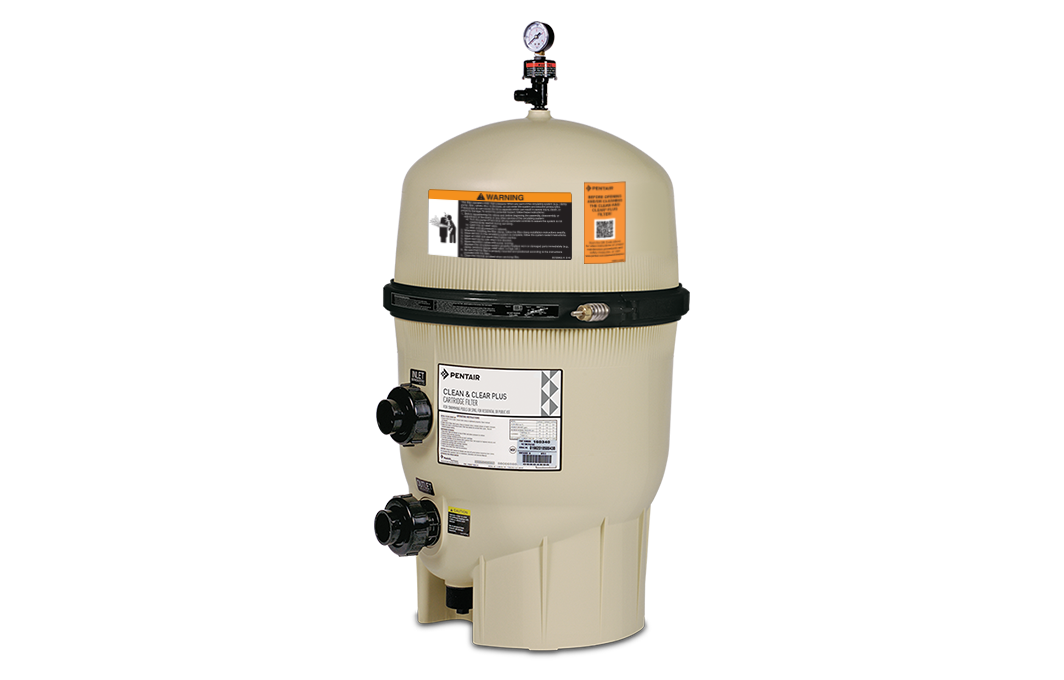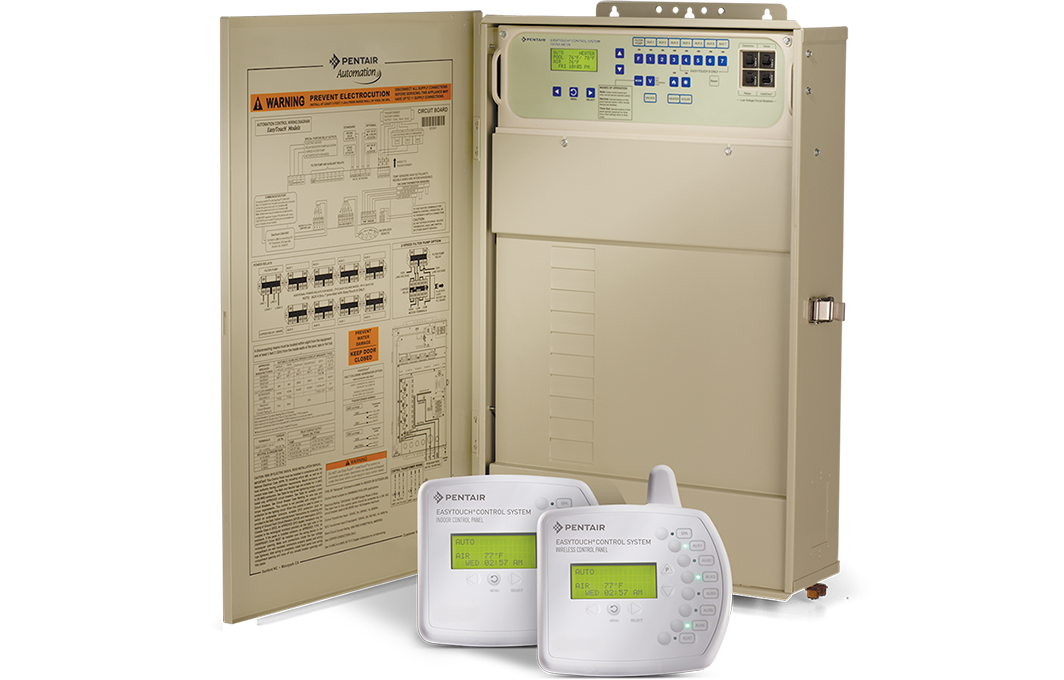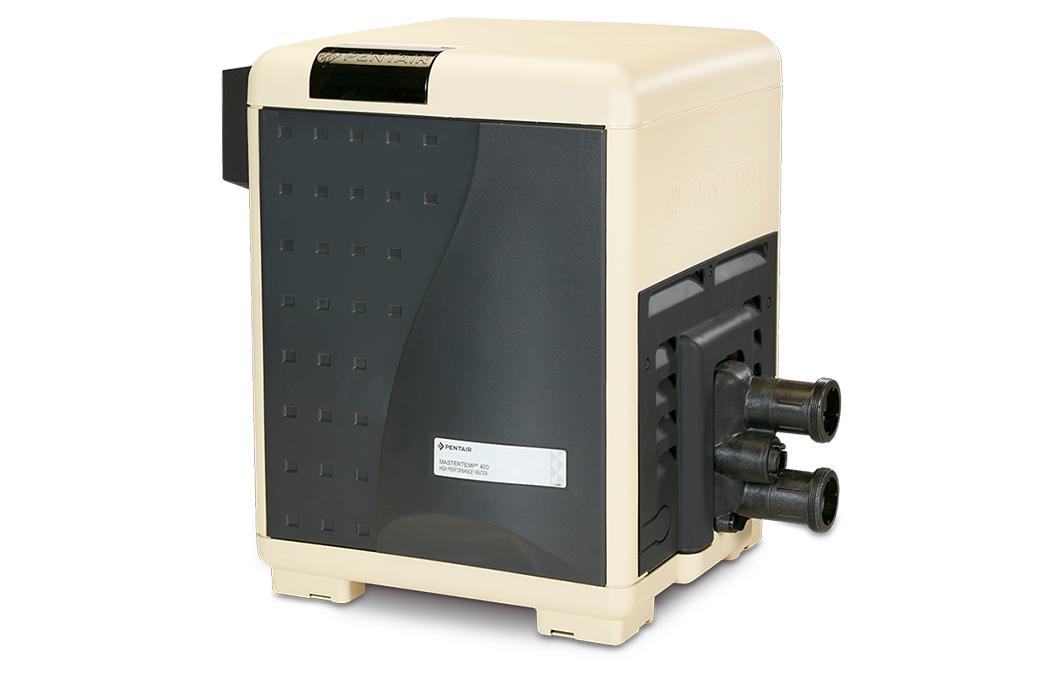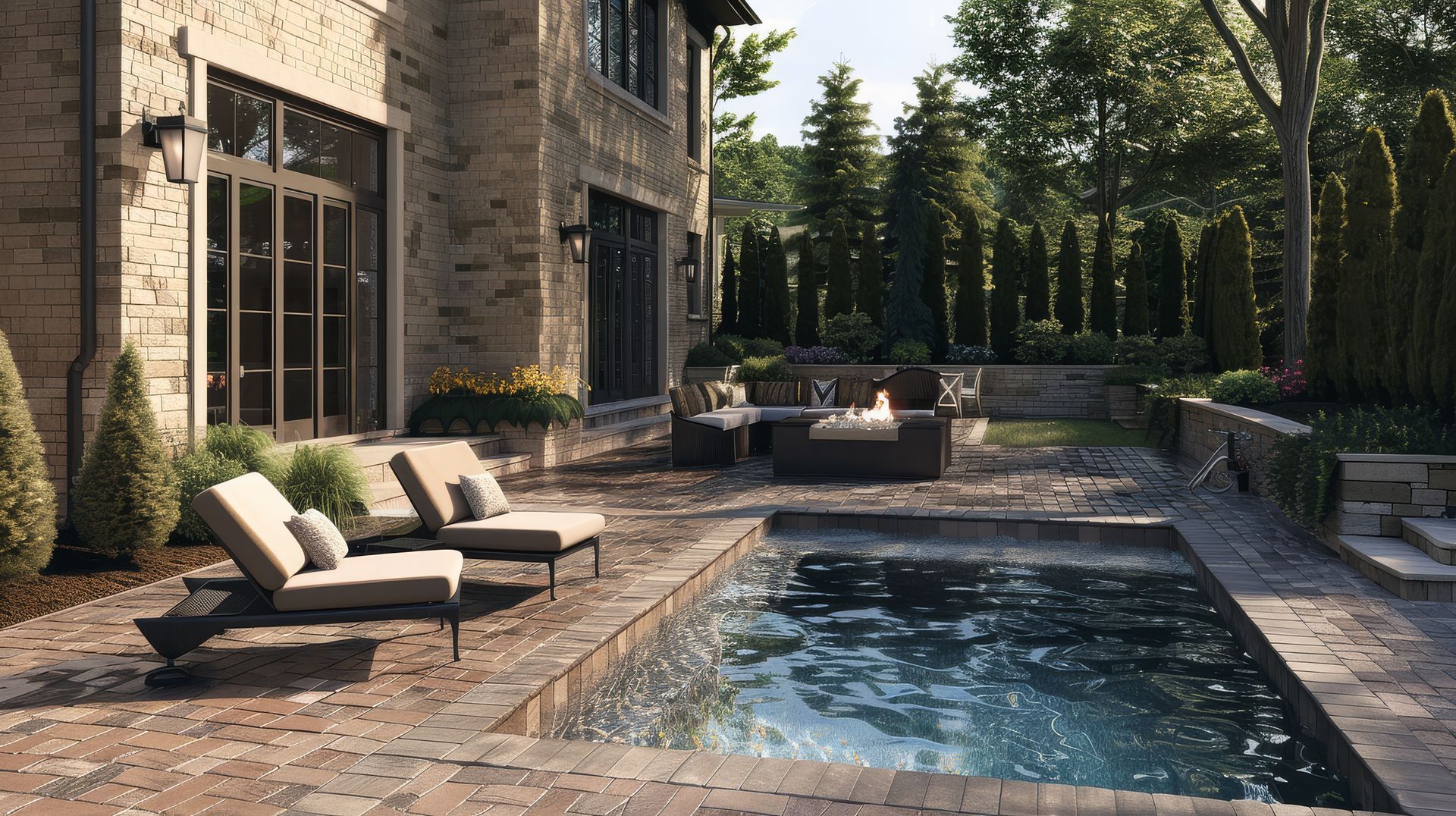pool equipment
Understanding your systems
equipment & technology
Our Pool Equipment section is designed to help homeowners make informed decisions about the essential components of their pool system. We break down each piece of equipment—like pumps, filters, and heaters—explaining how they work and why one option might be better suited for your needs over another. Whether you're building new or upgrading, this section empowers you to choose the best equipment for a safe, efficient, and enjoyable pool experience.

filtration & sanitary systems
The Filtration and Sanitary Equipment section explains how to keep your pool water clean, safe, and crystal clear. We break down the different filtration systems and sanitizing options, helping you choose the right setup for efficient maintenance and long-term performance.

technology & automation
The Technology and Automation Equipment section showcases the latest tools to make managing your pool effortless. From smart controls to automated cleaning systems, we guide you through the options that can streamline maintenance and enhance your pool experience.

heating systems
The Heating Equipment section covers various options to keep your pool warm and comfortable year-round. We explain the benefits of each heating system, helping you choose the most efficient and cost-effective solution for your climate and usage needs.
Additional Information
pool pumps
As a new pool owner, one of the most important pieces of equipment to understand is your pool pump. This essential component is responsible for circulating water, keeping it clean, and distributing chemicals evenly throughout your pool. Whether you're dealing with a basic single-speed pump or a high-efficiency variable-speed model, knowing how your pump works, how to maintain it, and how to maximize its performance can make all the difference in keeping your pool crystal clear. Let’s dive into everything you need to know about your pool pump, from choosing the right type to troubleshooting common issues.
Common questions about pool equipment
This section is to help break up all the information and questions related to pool equipment the section above is mostly the equipment we recommend using for your pool.
stay up to date
Get levi miles design latest
Receive bi-weekly updates from us, and get a heads up on upcoming events.
Contact Us






